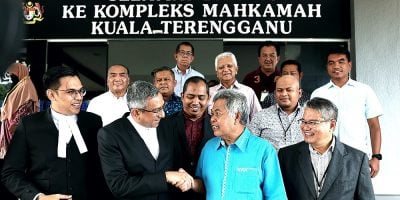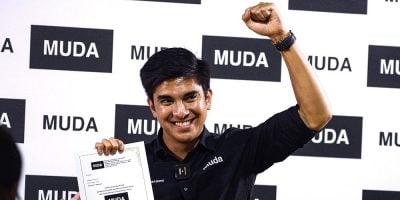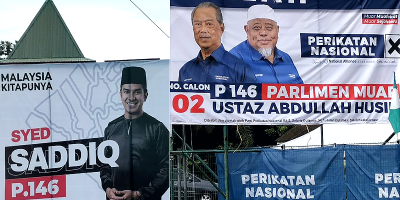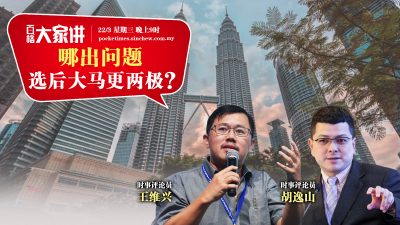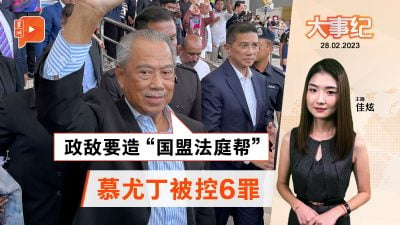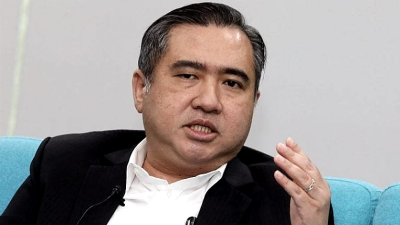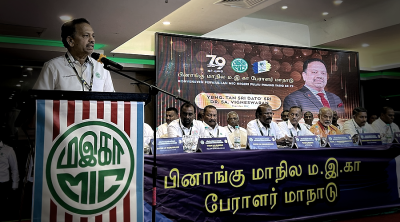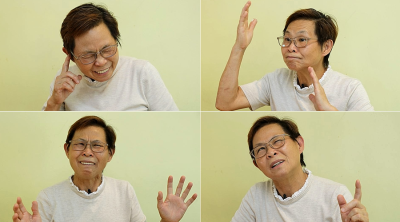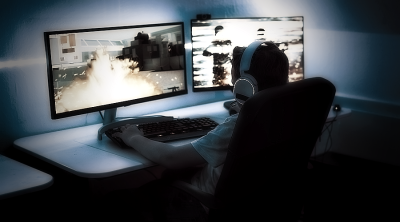Sin Chew Daily, The Star, Sinar Harian, Astro Awani and Malaysia Nanban, alongside three research institutions, O2 Research, Center for Malaysian Chinese Studies (Huayan) and Ilham Center, are currently running a survey until October 9 on what Malaysians are looking for in the 15th general election.
At the same time, we are also talking to community and local association leaders as well as political analysts and observers to find out what they expect from the new government.
United Chinese School Teachers Association (Jiao Zong) president Cheah Lek Aee feels that political parties should stop using recognition of UEC (Unified Examination Certificate) as a bargaining chip in the coming election, as the local Chinese community has grown tired of it.
“Playing up the issue will not help,” he asserted.
Cheah nevertheless hopes the new government will adopt the proposals in the UEC Task Force’s (PPDUEC) report in reviewing the matter from the education point of view.
He insisted that education should not be linked to politics, and education policy must not change owing to political differences.
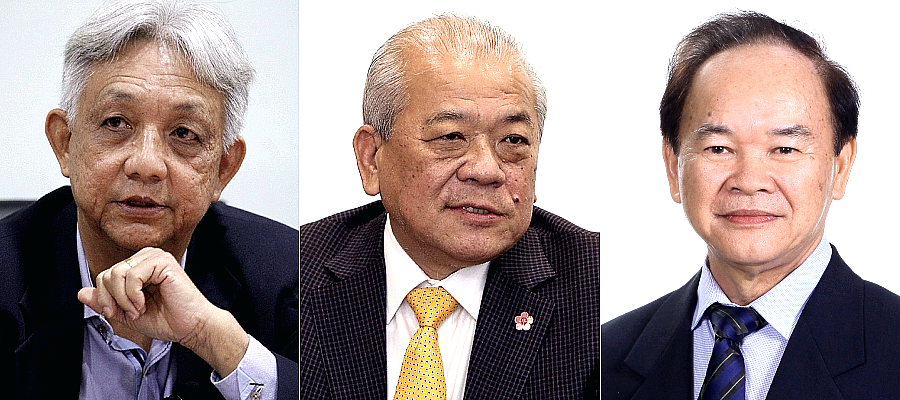
Meanwhile, the United Chinese School Committees’ Association of Malaysia (Dong Zong) suggests that the new government should impart a fair education policy to develop all streams of schools in the country.
Its president Tan Tai Kim also hopes allocation of resources and funding to all schools will be institutionalized.
The Federation of Chinese Associations Malaysia (Hua Zong) president Tan Sri Goh Tian Chuan said the federation had been acting as a bridge to express its views and proposals to the government in search of a win-win situation.
He said through face-to-face dialogues, Hua Zong had raised several issues affecting the Chinese community at national level to the government.
Among the issues raised include relaxing racial quotas in corporate equity share, higher participation of Chinese in government projects, institutionalizing allocations, land to build places of worship for non-Muslims, and equal treatment in developing cultures and religions.
ADVERTISEMENT
ADVERTISEMENT







